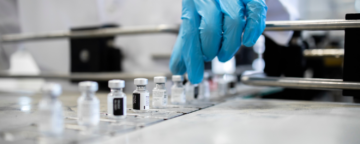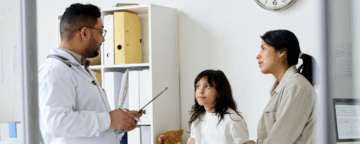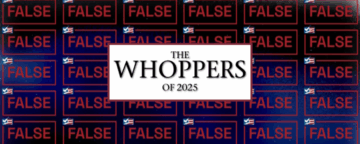APPC celebrates political scientist Matthew Levendusky's joint appointment to the Annenberg School for Communication in addition to the Department of Political Science.


APPC celebrates political scientist Matthew Levendusky's joint appointment to the Annenberg School for Communication in addition to the Department of Political Science.

Although the public views Covid-19, Flu, and MMR vaccines as safe, a new APPC survey shows a statistically significant erosion in support.

A multidisciplinary group of scholars has proposed a systems-level framework offering seven measures for evaluating the trustworthiness of research findings.

With RSV cases up, an APPC survey finds most people likely to recommend RSV immunizations for infants, older adults, and during pregnancy.

Oxford University Press has published the third edition of "Treating and Preventing Adolescent Mental Health Disorders," a project of the APPC-led Adolescent Mental Health Initiative.

The CDC has urged the use of shared decision-making between parents and health providers for some childhood vaccines, but many don't know what that is, Annenberg surveys show.

A new APPC survey finds a small but significant drop in public willingness to recommend the MMR vaccine to someone in their household.

FactCheck.org released its list of the top falsehoods in American politics of 2025, featuring claims about health, the economy, the war in Ukraine, and more.

A new APPC survey reveals a lack of knowledge among the public about what pertussis (whooping cough) is and what its symptoms are.

In an APPC white paper, biostatistician and Penn Professor Jeffrey Morris analyzes the U.S. vaccine safety monitoring system and offers ways to improve VAERS and other components.